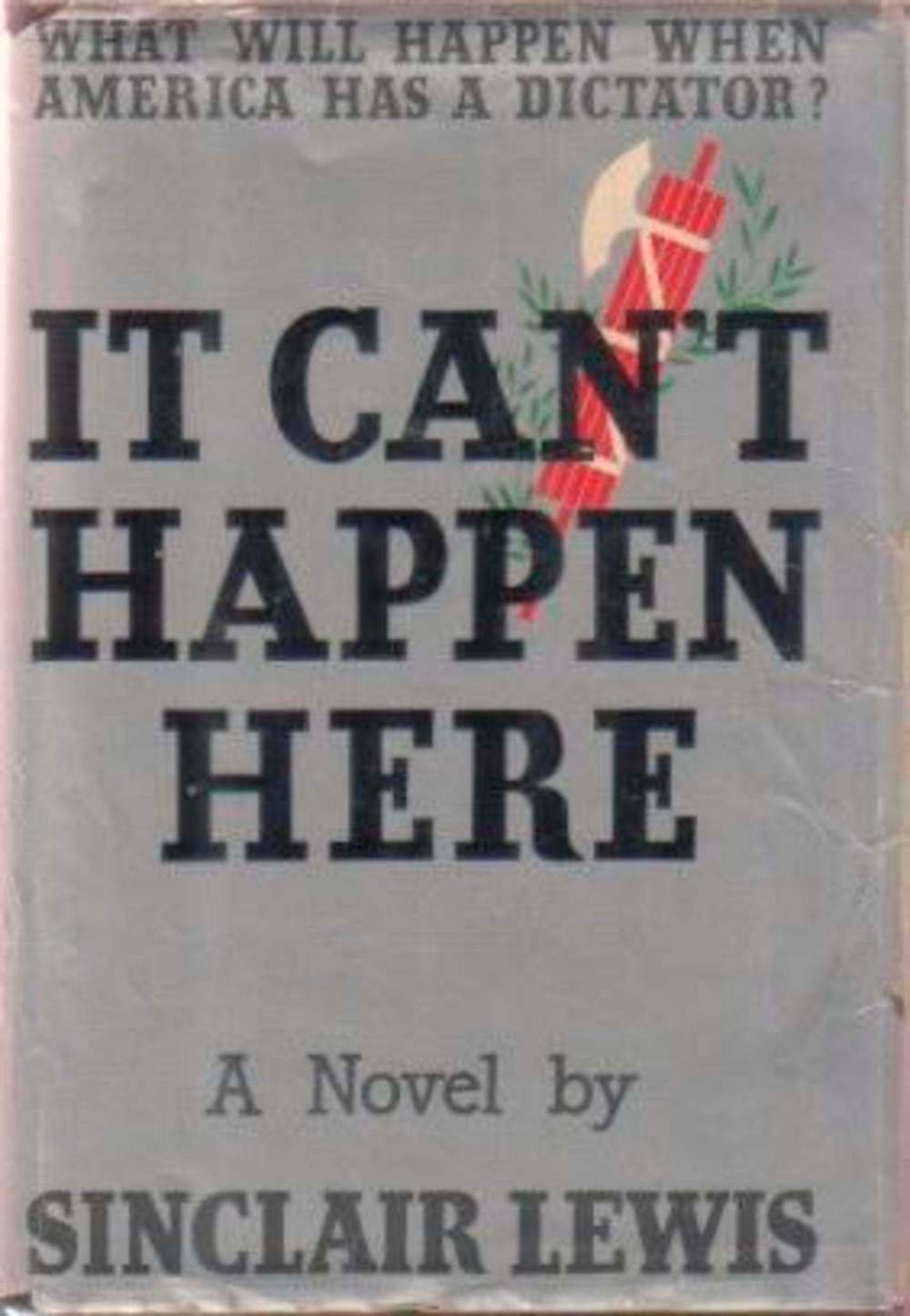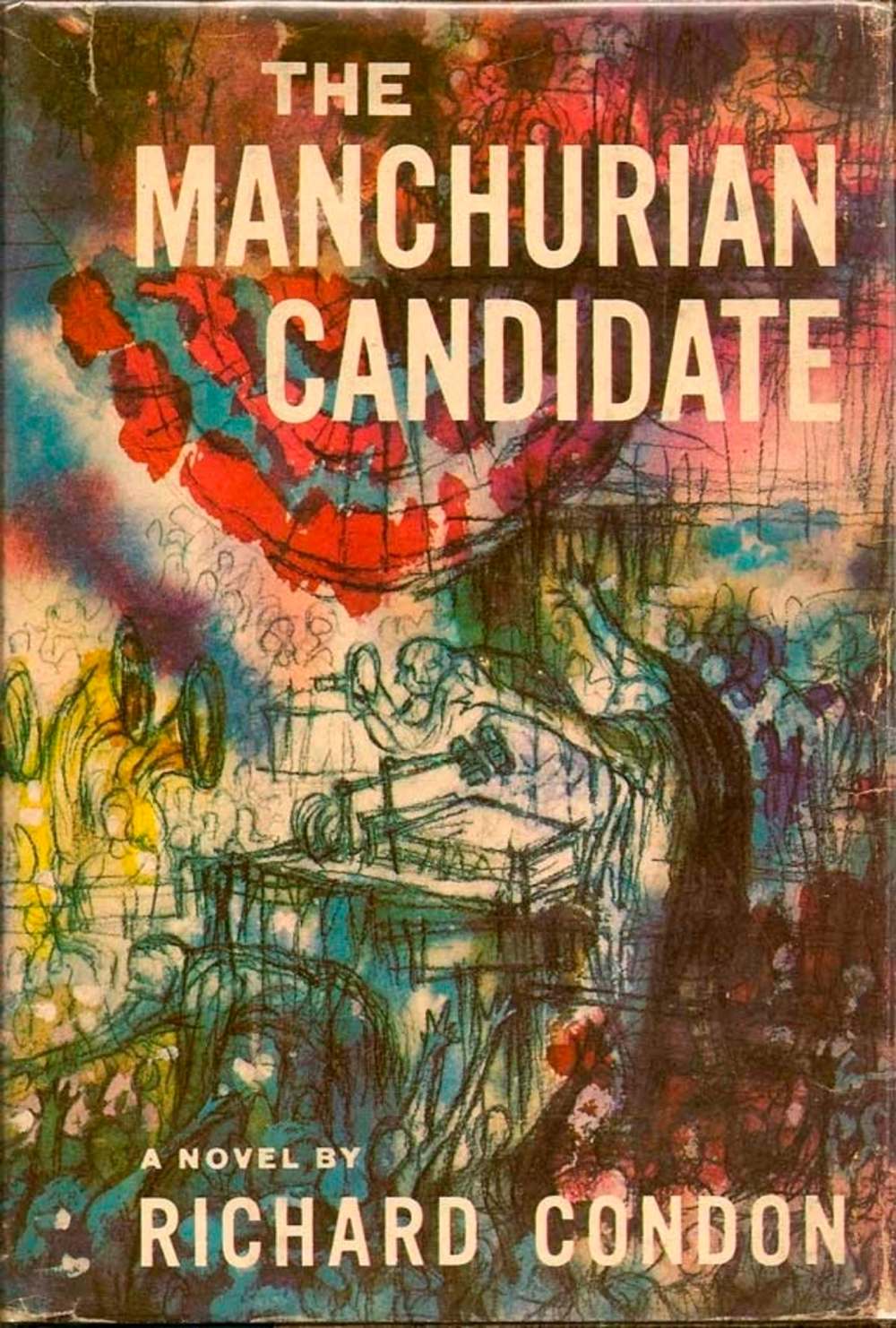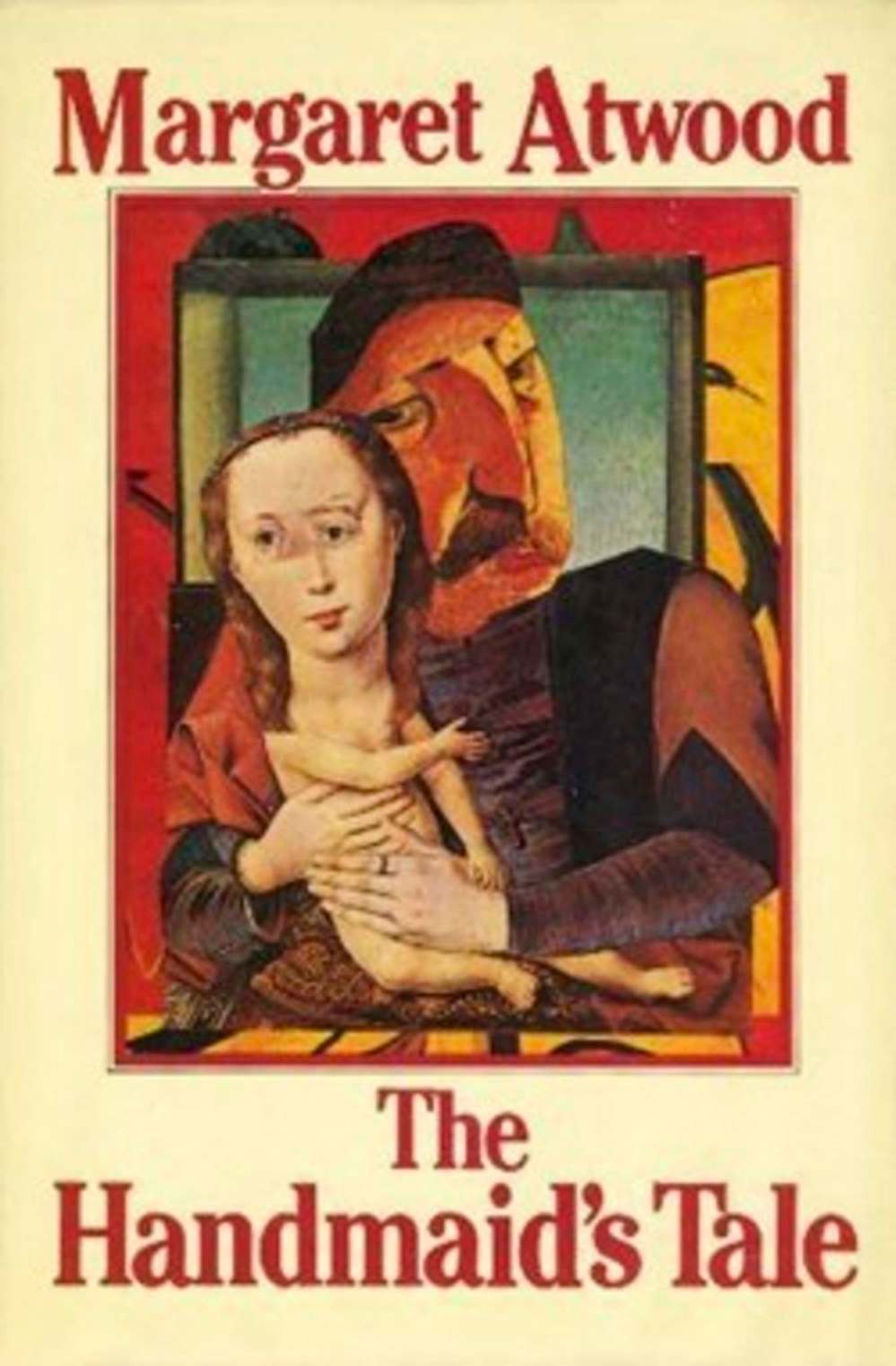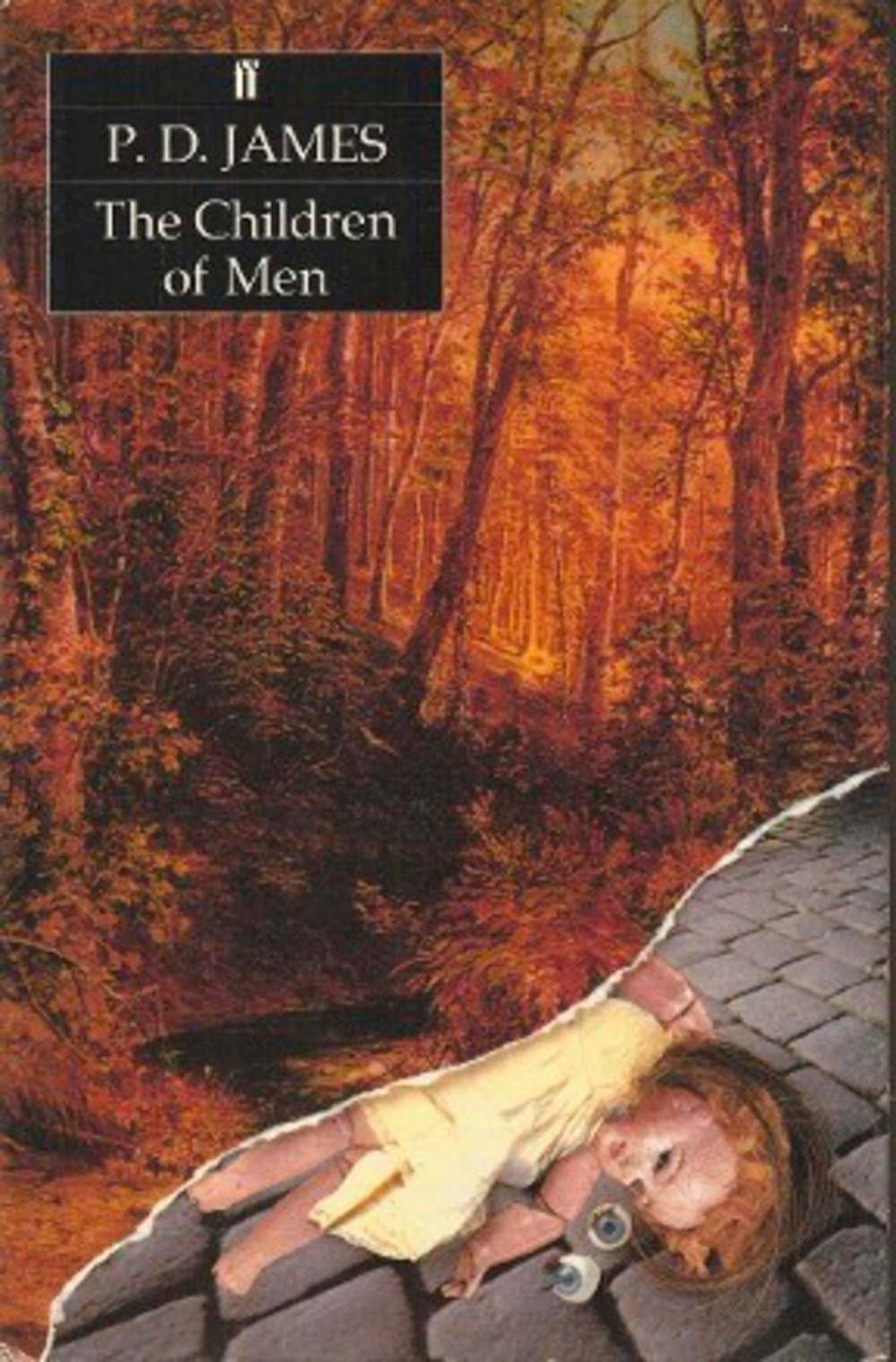Four stories that foresaw Trump’s rise
Advertisement
Read this article for free:
or
Already have an account? Log in here »
To continue reading, please subscribe:
Monthly Digital Subscription
$0 for the first 4 weeks*
- Enjoy unlimited reading on winnipegfreepress.com
- Read the E-Edition, our digital replica newspaper
- Access News Break, our award-winning app
- Play interactive puzzles
*No charge for 4 weeks then price increases to the regular rate of $19.00 plus GST every four weeks. Offer available to new and qualified returning subscribers only. Cancel any time.
Monthly Digital Subscription
$4.75/week*
- Enjoy unlimited reading on winnipegfreepress.com
- Read the E-Edition, our digital replica newspaper
- Access News Break, our award-winning app
- Play interactive puzzles
*Billed as $19 plus GST every four weeks. Cancel any time.
To continue reading, please subscribe:
Add Free Press access to your Brandon Sun subscription for only an additional
$1 for the first 4 weeks*
*Your next subscription payment will increase by $1.00 and you will be charged $16.99 plus GST for four weeks. After four weeks, your payment will increase to $23.99 plus GST every four weeks.
Read unlimited articles for free today:
or
Already have an account? Log in here »
Hey there, time traveller!
This article was published 13/01/2017 (3220 days ago), so information in it may no longer be current.
As commentators try to figure out ways to describe, explain and confront American president-elect Donald Trump, they are looking at a growing list of books/movies/old episodes of The Simpsons that predicted his rise. Critics talk about “the Trump filter” that floats over almost any discussion of pop culture, singling out works that are weirdly prescient or newly relevant.
The Trump filter can help explain why the Amazon series Man in the High Castle, benefiting from viewers’ sudden pressing interest in American life under an authoritarian regime, just got renewed for a second season.
Or why film fans respond to Stanley Kubrick’s Dr. Strangelove, a brilliant black comedy from way back in 1964, with a tender new apprehension of the potential for nuclear disaster.
Many works also remind us that while Trump seems unprecedented and unpredictable, Trumpism is archetypal. Here are four of my Trumpiest pop-culture favourites, all taking on scary amounts of significance as we head toward his inauguration.
IT CAN’T HAPPEN HERE
Sinclair Lewis’s messy, kooky, semi-satirical blast of a novel, about the rise of a blustering, big-talking, homegrown demagogue. It was sold out in many bookstores and online outlets in the week after Trump’s election.
Written in 1935, the story follows the career of Berzelius (Buzz) Windrip, who sells his brand of faux-populism by telling pie-in-the-sky lies to desperate Depression-era working-class voters, while winking over their heads at the plutocrats.
Lewis is unsparing in his analysis of reactionary extremism, but he saves some choice words for complacent liberals.
And the novel’s specifics can be a bit spooky in their parallels to the political clime of 2017: There’s a string-pulling Steve Bannon figure. There are Windrip’s disenfranchised supporters, who refer to themselves as “The League of Forgotten Men.” There are lefties lighting out for the Canadian border.
Trumpiest moment: Buzz’s rivals are dismissed as “far too lacking in circus tinsel and general clownishness to succeed at this critical hour of the nation’s hysteria, when the electorate wanted a ringmaster-revolutionist like Senator Windrip.”
THE MANCHURIAN CANDIDATE
In Richard Condon’s frenzied, furiously cynical 1959 novel — which was adapted into a nervy, paranoid 1962 film (and a much weaker 2004 remake) — the Soviets engineer a preposterously complex plan to infiltrate and overturn the American political system.
The cover of my 1988 edition of the book proclaims: “Once Unbelievable. Now Unthinkable.”
With the headlines of the last few weeks, the scenario now seems, well, kind of thinkable.
Trump isn’t a victim of literal Russian brainwashing, of course, like the novel’s Raymond Shaw, though the tweeter-in-chief’s 4 a.m. soul seems like a similar stew of fear and envy and resentment.
The novel also explores a subtler form of brainwashing, however, charting the rise of Trumpian politician Johnny Iselin, an aggressive and boorish rabble-rouser who grabs power through fear-mongering and bully-boy tactics.
Trumpiest moment, book-wise: Iselin and his wife, who is also Raymond’s Freudian gorgon of a mother, bond over their shared conviction “that the Republic was a humbug, the electorate rabble, and anyone strong who knew how to manoeuvre could have all the power and glory that the richest and most naive democracy in the world could bestow.” Ouch.
THE HANDMAID’S TALE
Margaret Atwood’s 1985 speculative novel, which was adapted for a 1990 film as well as a Hulu series set to première this spring, seems depressingly fresh in a year when women’s reproductive rights and control over their own bodies are under renewed political threat.
The story explores a fundamentalist regime — the former United States — plagued by infertility, in which fertile women have become the property of powerful and wealthy men.
Mad Men’s Elisabeth Moss, no stranger to the patriarchy, is at her steeliest in the upcoming series.
Trumpiest moment: “Ordinary is what you’re used to,” explains “Aunt Lydia,” who is charged with persuading young women to adjust and acquiesce to this new reality.
“This may not seem ordinary to you now, but after a time it will. It will become ordinary.”
Let’s hope not.
CHILDREN OF MEN
This might be a mood thing. Alfonso Cuarón’s dystopian sci-fi movie, very loosely inspired by P.D. James’s 1992 novel, was so unremittingly bleak that it tanked at the box office when it opened in 2006.
Fast-forward 10 years and Children of Men is getting a second coming: Vulture magazine recently asked whether it might be “the most relevant film of 2016.”
The film’s crisis also involves the end of human fertility. Eighteen years after the last child is born, futureless humankind has descended into geopolitical chaos, environmental devastation, rabid xenophobia, brutal authoritarianism and a gaping chasm between a super-rich elite and a destitute populace.
Though set in England in 2027, the film employs few futuristic touches. Mostly it’s an uglier, grimier, grimmer version of right now, underlined by Brexit-like demands for mass deportations and Trumpy wall-building.
But there could be another reason Cuarón’s film is catching on. As pitch-dark as Children of Men is, it’s also about the need — the obligation, even — to hope.
Trumpiest moment: Those government adverts demanding that citizens “Report All Illegal Immigrants,” the message written in threatening red all-caps.
alison.gillmor@freepress.mb.ca

Studying at the University of Winnipeg and later Toronto’s York University, Alison Gillmor planned to become an art historian. She ended up catching the journalism bug when she started as visual arts reviewer at the Winnipeg Free Press in 1992.
Our newsroom depends on a growing audience of readers to power our journalism. If you are not a paid reader, please consider becoming a subscriber.
Our newsroom depends on its audience of readers to power our journalism. Thank you for your support.






